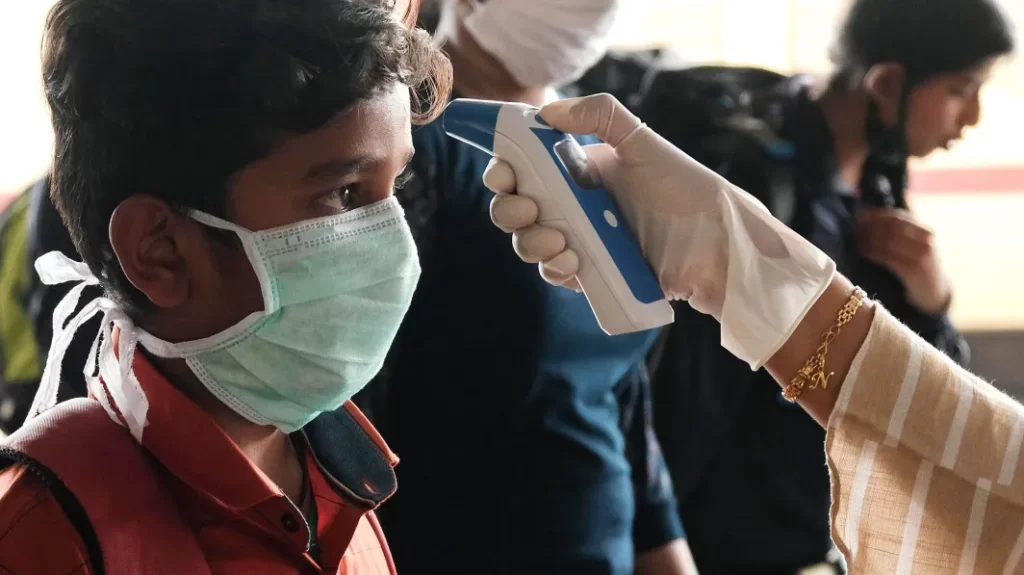Kerala’s Nipah Virus Triumph: Lessons in Swift Action and Effective Outbreak Control
Share IT

Launch Your Dream Website with Us!
Click Here to Get in touch with Us.
Categories
Kerala Nipah Virus
The Nipah virus is a dangerous enemy in the field of public health emergency because of its high death rate and absence of a specific treatment. But Kerala, a state in India, has shown incredible resiliency in keeping this fatal virus under control, making it a ray of hope. Kerala saw two Nipah virus outbreaks in 2018 and 2019, but the state was able to stop the spread and avert widespread destruction by acting quickly, implementing efficient outbreak management measures, and maintaining community involvement.
Thank you for reading this post, don't forget to subscribe!Table of Contents

Kerala’s strong public health surveillance system served as the foundation for its success. Following the discovery of the first Nipah virus cases, the state’s health apparatus moved quickly to put strict contact tracing and testing procedures in place. By taking a proactive stance, it was made sure that affected people were quickly segregated, stopping the spread of the infection.
Kerala’s well-equipped laboratory network complemented the surveillance operations. The state was able to quickly confirm instances thanks to a network of laboratories equipped to test for the Nipah virus, which gave important direction for containment strategies. This early detection was essential in stopping the virus from silently infecting more people.
The Kerala government made public health communication a top priority during the outbreak, making sure that the public was informed with correct information. This open and honest attitude was crucial in keeping the virus under control as it helped debunk rumours and encourage public collaboration.
Engagement of the community was yet another important factor in Kerala’s success. In tight collaboration with local communities, the state administration enabled them to recognise and segregate any instances of the Nipah virus. By removing obstacles to trust and promoting early discovery, this cooperative effort eventually limited the virus’s spread.
Kerala hospitals swiftly implemented preparations in anticipation of the influx of patients infected with the Nipah virus. In order to safely manage infected patients, isolation units were built, and healthcare personnel underwent specialised training. By taking a proactive stance, the state’s healthcare system was prepared to deal with the outbreak.
Strict infection control protocols were put in place in hospitals and other healthcare facilities to stop the Nipah virus from spreading. This involved using appropriate personal protective equipment (PPE) and strict cleaning procedures to create a barrier that would stop the virus from spreading.
After realising that bats are the Nipah virus’s natural reservoir, the Keralan authorities started action to manage the bat population. To lessen the possibility of encounters between humans and bats as well as possible transmission, this entailed eliminating bat roosts and culling bat populations.
Kerala’s response to the pandemic was further strengthened by its dedication to research and development. The state’s robust viral illness research base yielded important insights on the Nipah virus, guiding treatment and public health initiatives.
Kerala’s outstanding performance in controlling the Nipah virus outbreak is evidence of the state’s steadfast dedication to public health. Kerala has shown the value of teamwork and proactive planning in the fight against infectious illnesses by acting quickly, implementing efficient outbreak control measures, and involving the community. The state’s experience offers hope to other countries dealing with similar epidemics by providing important insights into controlling the spread of deadly viruses and protecting public health.

Launch Your Dream Website with Us!
Click Here to Get in touch with Us.





























































Recent Comments